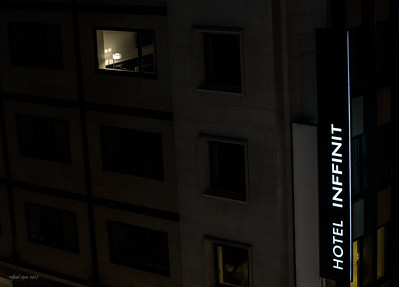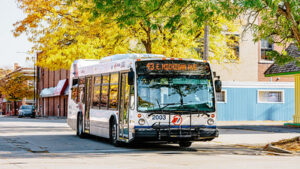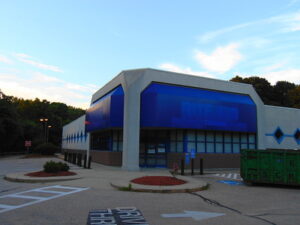Yesterday, I wrote about two different projects in two different states that share a single failure. Community leaders have “invested” public funds into what are essentially private ventures that have subsequently failed. This is another example of public officials not understanding risk well enough to stay away from it.
In New Jersey, the American Dream mall is open and operating. It hasn’t failed yet, but it’s about to. The private partner has reached deep into its reserve funds to make a bond payment of nearly $10M. The reserve fund is essentially broke. The headline isn’t really that the private partner emptied out its reserves to make the most recent payment. Rather, the developer also tapped the reserve funds to make the previous payment of $9.3M in August 2021. At the time, the reserve fund had $9.3M remaining, just enough to make last week’s payment. (That fact did not escape investors, by the way.)
Seventy-five percent of the sales tax collected at the American Dream is pledged to back the bonds. The problem, of course, is that the mall isn’t bringing in the revenue it was projected to. Less revenue means lower sales tax collections. Had the mall been performing adequately, the now-depleted reserve fund should have had more than $820 bucks in it.
The likelihood that the developer can refinance the bonds is minimal. The Consumer Confidence Index and the Expectations Index both declined in January. Respectively, these two indices are measures of consumers’ willingness to spend and their short-term outlooks for business, income, and labor markets. The companion Present Situation Index, which is the consumer’s assessment of their current situation, improved. With consumers being nervous about their immediate future, and the ongoing COVID-19 surge, the likelihood that people will spend freely at an entertainment complex is limited.
Public funds can’t save faulty plans
Similarly, in Kansas City, its plan relied on conventions and visitors to pay the city’s investment in the Loews Kansas City Hotel. (And the T-Mobile Arena.) Instead, city officials are using public funds to keep the projects on life support. Although many experts believe that the current Omicron-driven COVID-19 surge will lead to a burn-out of the pandemic, it’s not clear how the hospitality sector will perform over time. The pandemic has severely limited travel and large gatherings. At the same time, it has driven substantial improvements in remote meeting technologies. The convention business may never be the same again.
According to the American Hotel and Lodging Association, COVID-19 has wiped out more than a decade of growth in the hospitality industry. By last October, New York City had seen the permanent closure of more than 11,000 hotel rooms. The hospitality industry is hemorrhaging workers at a rate of nearly three-quarters of a million workers per month. That’s not to say the hospitality industry cannot recover, but if it does, it won’t happen overnight.
That has significant implications for WCC’s Master Plan, which includes building a hotel and conference center. The project would require public funds to construct a hotel. Placing such a heavy bet on the hospitality industry at this point would be absurd.
Washtenaw County taxpayers should be grateful that COVID-19 appeared before the humble servants of the people at WCC could stick their shovels in the ground.
Photo Credit: Rafael Ojea Perez , via Flickr




























